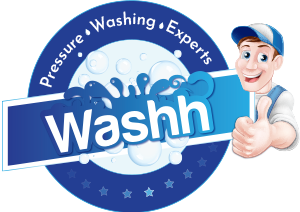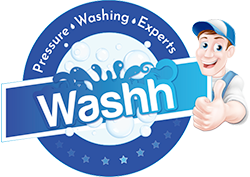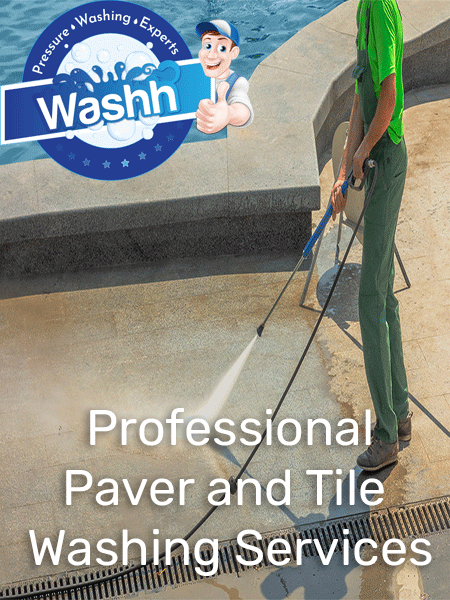How to CleanPavers and Tiles
Pavers and tiles are made from a wide variety of materials. Each material has its pros and cons. For instance, concrete is a popular choice for pavers because it is cheap and durable. Meanwhile, marble and porcelain surfaces provide better aesthetics but they can be more expensive and high-maintenance. It’s important to consider the type of material you are working with in order to determine the best cleaning method.
Pressure Washing
Pressure washing can effectively remove dirt, dust, grime, grease, oil, and other unwanted substances from your pavers and tiles. It is suitable for a wide variety of materials including concrete, bluestone, flagstone, cobblestone, travertine, marble, porcelain, granite, and limestone.
To clean pavers and tiles, first apply a cleaning solution onto the surface area to loosen up the buildup and stains. Spray the area with detergent or degreaser. Allow to sit for 5 to 10 minutes. Then, use a pressure wash system with about 1,000 to 3,000 PSI to clean the surface area. Consider a rotating fan spray, or a 65-degree nozzle, to minimize the risk of damage when cleaning pavers and tiles. Also, make sure to clean from a downward angle and use sweeping motions.
Repeat the process as needed. Once pavers and tiles are cleaned, apply a sealant to protect the surface from wear and tear and further damage.
Soft Washing
High-pressure water is too harsh for delicate surfaces like brick pavers and roof tiles. It’s better to use a soft wash system for cleaning these surfaces. Since soft washing uses low-pressure water, chemical-based cleaning solutions are used to remove dust, dirt, mold, mildew, rust, and other contaminants.
For soft washing, first wet the area with water. Saturating the surface increases the effectiveness of cleaning solutions. Apply the appropriate cleaning solution to your pavers. Allow it to sit for a few minutes. Then, use a soft washer to clear away the substances and clean the solution. You can attach a 40-degree nozzle and have at least 500 PSI to effectively clean the surface.
Soft washing is not recommended on materials like marble and travertine, as well as tiles with grout. Chemicals will be too harsh on these surfaces and may cause staining and discoloration. Chemicals can also weaken grout and cause it to erode.
Power Washing
Power washing is not commonly used to clean pavers and tiles. This is because the combination of hot water and a high-pressure system can be too harsh. It can remove the protecting coating of pavers, which can lead to issues like efflorescence and scarring. However, when dealing with extremely stubborn stains and build up, as well as when working with a large surface area, power washing can be a suitable alternative. Just make sure to proceed with caution. Take time to evaluate the material and make sure that everything is intact.


